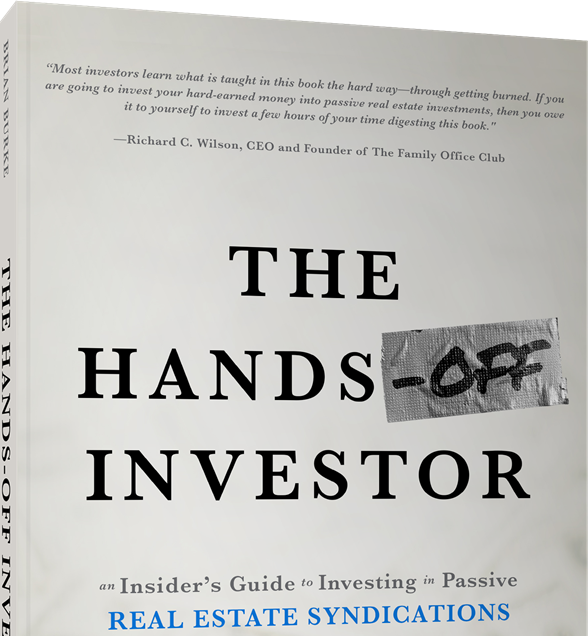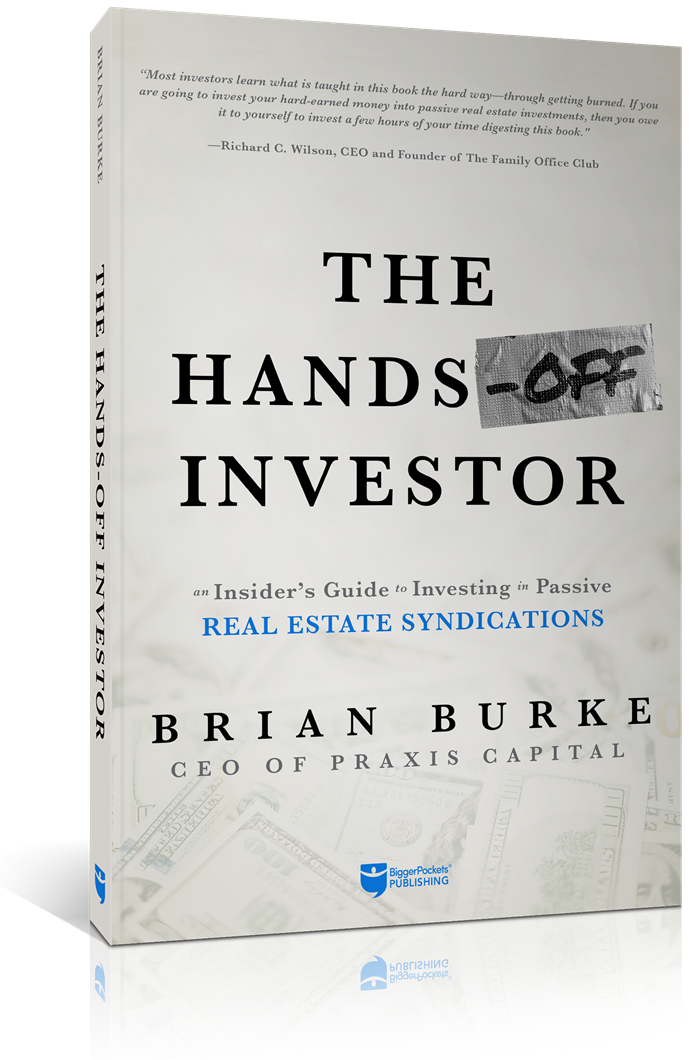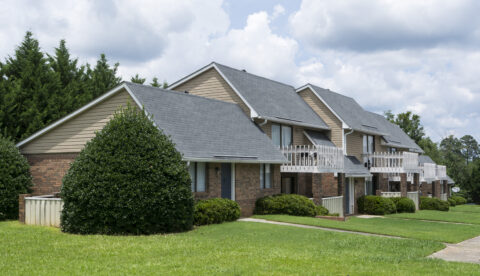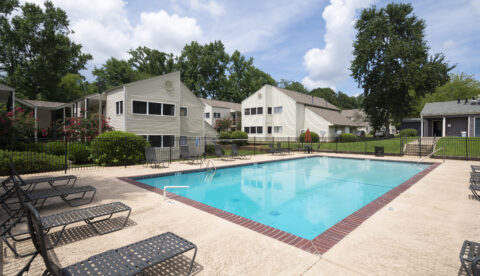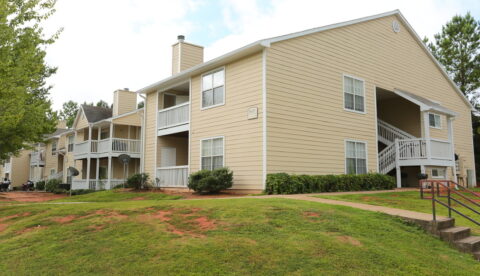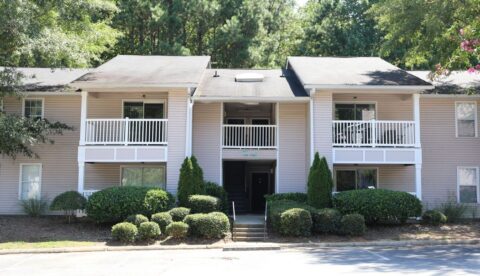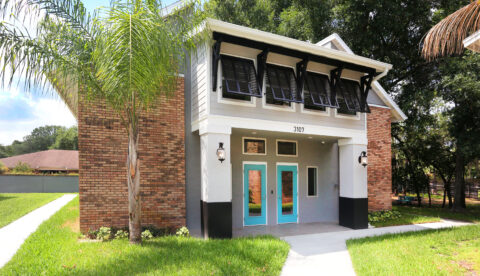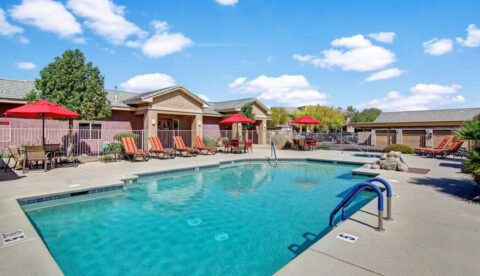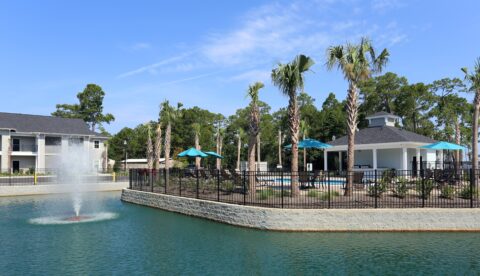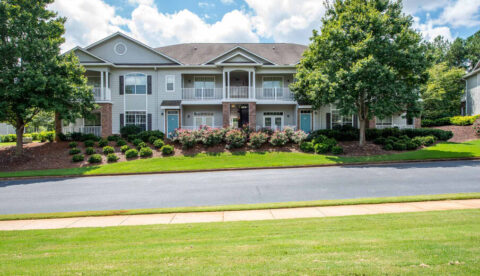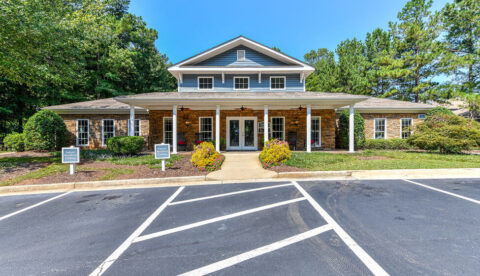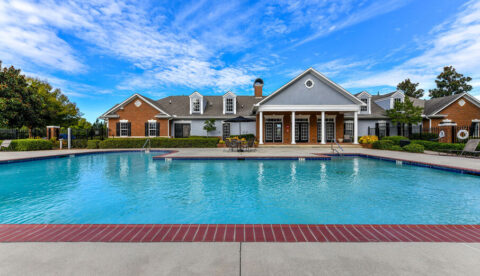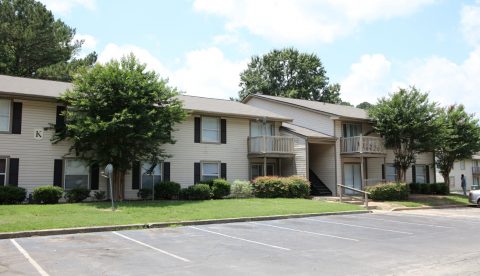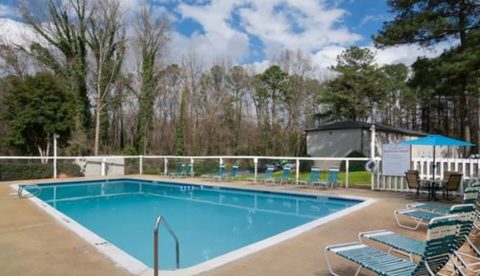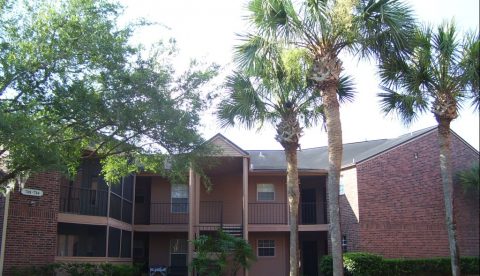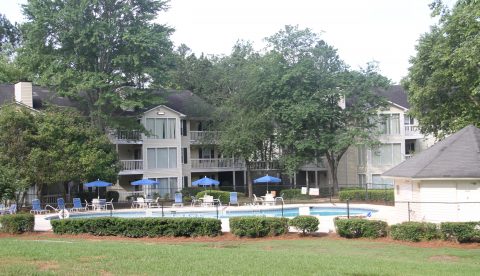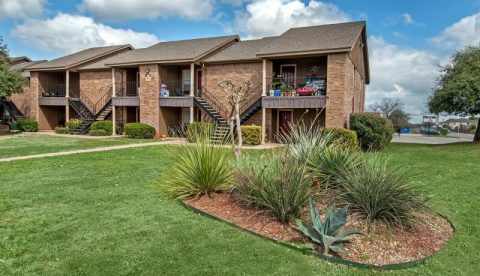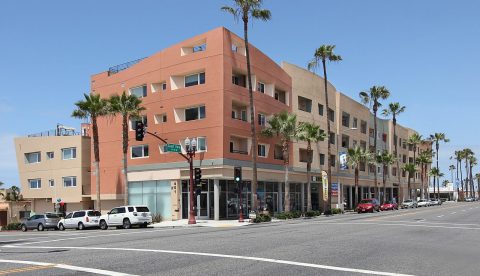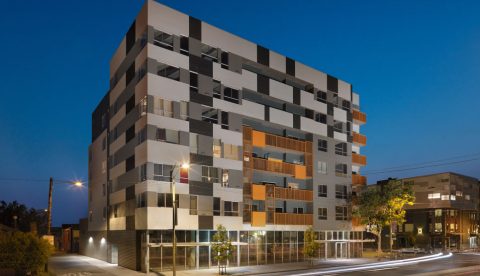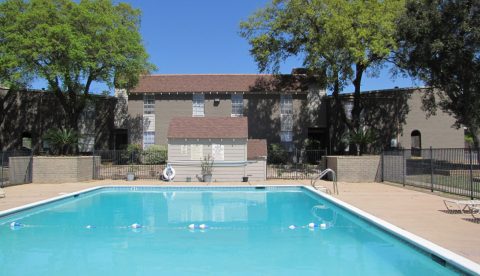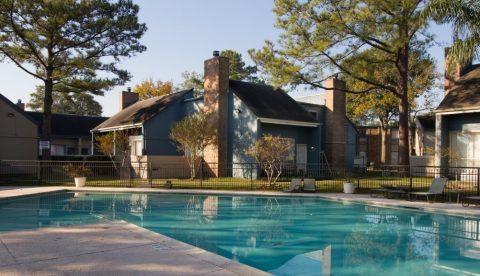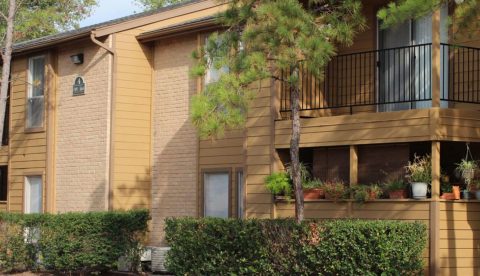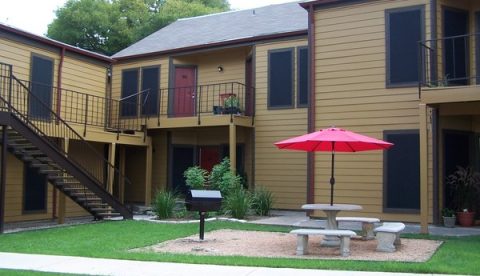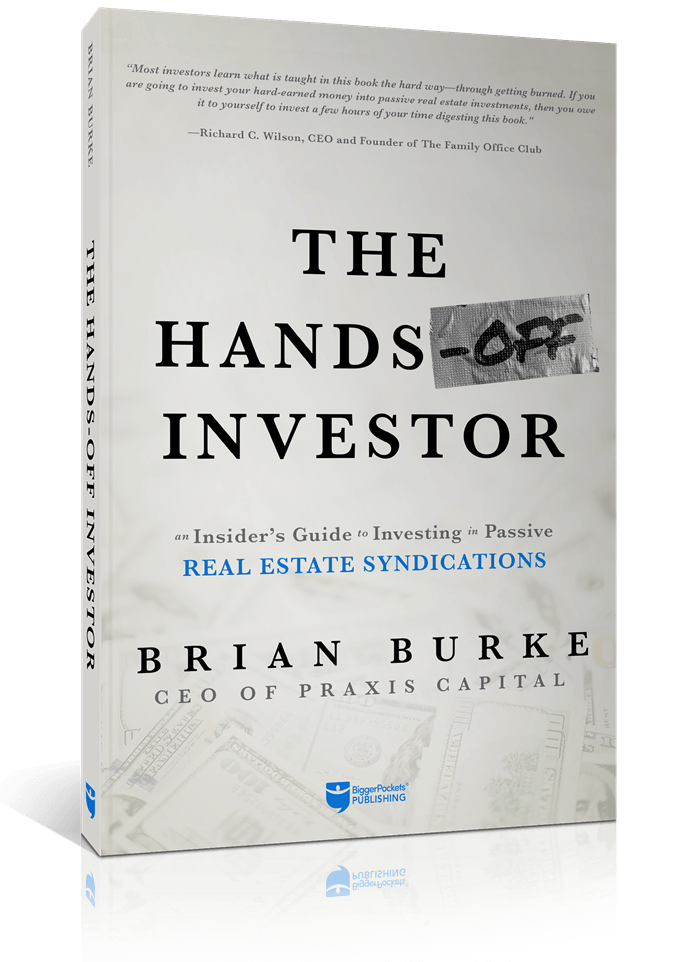Tariffs, Government Shutdown, To Push More Seniors To Rent

A variety of evolving factors are pushing more seniors to become long term renters.
This may ultimately be helpful for younger generations of home buyers, as well as the investors who are stepping up to service growing demand for senior housing and assisted living facilities.
What’s driving this trend now? What factors are spurring more motivation and urgency among older homeowners to sell their homes and rent for the remaining decades of their lives?
Older Generations Are Becoming Long Term Renters
We recently covered how a substantially larger percentage of older Americans are choosing renting over homeownership.
This isn’t just a short-term move either. New data from Redfin reveals that baby boomers offer the lowest turnover, and longer periods of tenancy for income property investors. With boomers staying in their rental units for an average of 10 plus years. That’s in contrast to the youngest generation of renters, who seem to be moving in 12 months or less.
From an investment standpoint, this difference in resident turnover can make all the difference in consistent cash flow and overall returns.
How New Tariffs Are Impacting Older Homeowners
All of the fear and bluster about tariffs may end up proving to be over hyped if they are cancelled or dramatically scaled down. Just as the recent government shutdown seemed to be overblown.
However, right now it seems like new tariffs on imports will have a notable impact on a variety of goods. Even just a 20% increase in kitchen cabinets and other home remodeling items makes a big difference to those considering repairs and renovations.
So, instead of redesigning and freshening up old homes, selling and renting will make a lot more sense to many more homeowners. Especially as so many are already suffering from the effects of inflation in other holding costs. Including insurances, association dues, and fast rising property taxes.
The Cons Of 50 Year Mortgages
50 year mortgages have recently been floated as a solution for today’s record high home prices.
Of course, the reality is that while monthly payments may be lower for young home buyers, the result is that borrowers end up paying almost double in interest. Based on today’s average home price of a little over half a million dollars, that means paying almost $900,000 in interest over the life of the loan, versus less than $475,000 on a 30 year mortgage.
Other efforts to fight inflation and bring down home prices could cut deeply into homeowners’ current equity, and decades of equity gains. Experienced homeowners who recognize this will see this is the optimal time to cash out, and rent for the duration of their lives instead.
The Impact Of The Government Shutdown On Seniors
The recent longest US government shutdown in national history was also a huge awakening for Americans. It proved that individuals simply cannot count on the government to bail them out, nor keep on supporting them financially. Even for healthcare or supplemental food. Even after paying into the system for their whole lives.
Meanwhile other national, state, and local regulations just seem to be squeezing and bleeding homeowners more and more.
More of them are recognizing the necessity of cashing out to afford long term residential care. As well as to find connection amidst the current loneliness epidemic.
After all, we are now told we need to be prepared to survive 20 to 30 years in retirement. While aging challenges continue to grow. Alzheimer’s Disease International states that rates of dementia are doubling every 20 years, with 78M individuals worldwide expected to be wrestling with the effects in the next five years.
Fortunately, a new generation of real estate investors are stepping up to embrace this space, and to serve the wave of seniors needing quality places to live in retirement.
